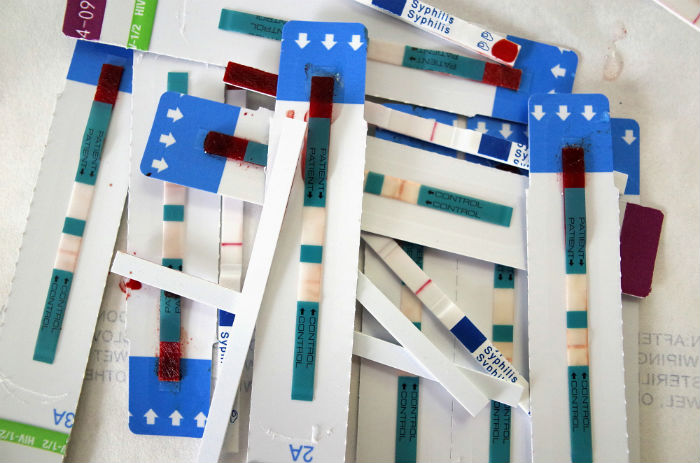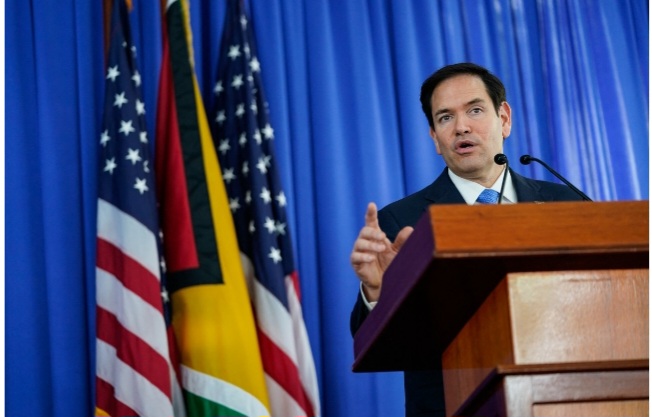WHO Calls for Increased Focus on Oral Health in Africa
Share this:
- Click to share on Facebook (Opens in new window) Facebook
- Click to share on WhatsApp (Opens in new window) WhatsApp
- Click to share on X (Opens in new window) X
- Click to share on Telegram (Opens in new window) Telegram
- Click to share on LinkedIn (Opens in new window) LinkedIn
- Click to share on Threads (Opens in new window) Threads
- Click to email a link to a friend (Opens in new window) Email

The World Health Organization (WHO) has emphasized the need for greater attention to oral health in Africa, where nearly 42% of the population suffers from oral diseases. On World Oral Health Day 2025, Acting WHO Regional Director for Africa, Chikwe Ihekweazu, stressed that oral health must be prioritized to prevent serious health complications, including dental caries, gum disease, and tooth loss, which can result in disfigurement, stigma, and in some cases, death.
Ihekweazu also highlighted the growing challenge of noma, a severe gangrenous disease that primarily affects young children and can be fatal without proper treatment. He urged for stronger actions to address the oral health crisis in the region.
While the WHO has endorsed the Regional Oral Health Strategy and the Global Strategy on Oral Health, some African countries, including Lesotho, Nigeria, and Sierra Leone, are making strides in improving oral health services by training healthcare workers, implementing policies, and bolstering surveillance systems. However, Ihekweazu acknowledged that progress remains slow, with only 17% of the African population having access to essential oral healthcare services.
The WHO regional director pointed out that oral health was officially recognized as a key component of the Non-Communicable Diseases (NCD) agenda during the 74th World Health Assembly (WHA74) in 2021. This recognition paved the way for the development of the Global Oral Health Action Plan 2023–2030, which aims to improve oral health outcomes globally.
WHO is now calling on governments, stakeholders, and individuals to collaborate in accelerating the implementation of the Global Oral Health Action Plan. “We must work together to engage multi-sectoral stakeholders, secure funding, integrate oral health services into national health packages, and adopt a people-centered approach to achieve better oral health and overall well-being,” said Ihekweazu.








